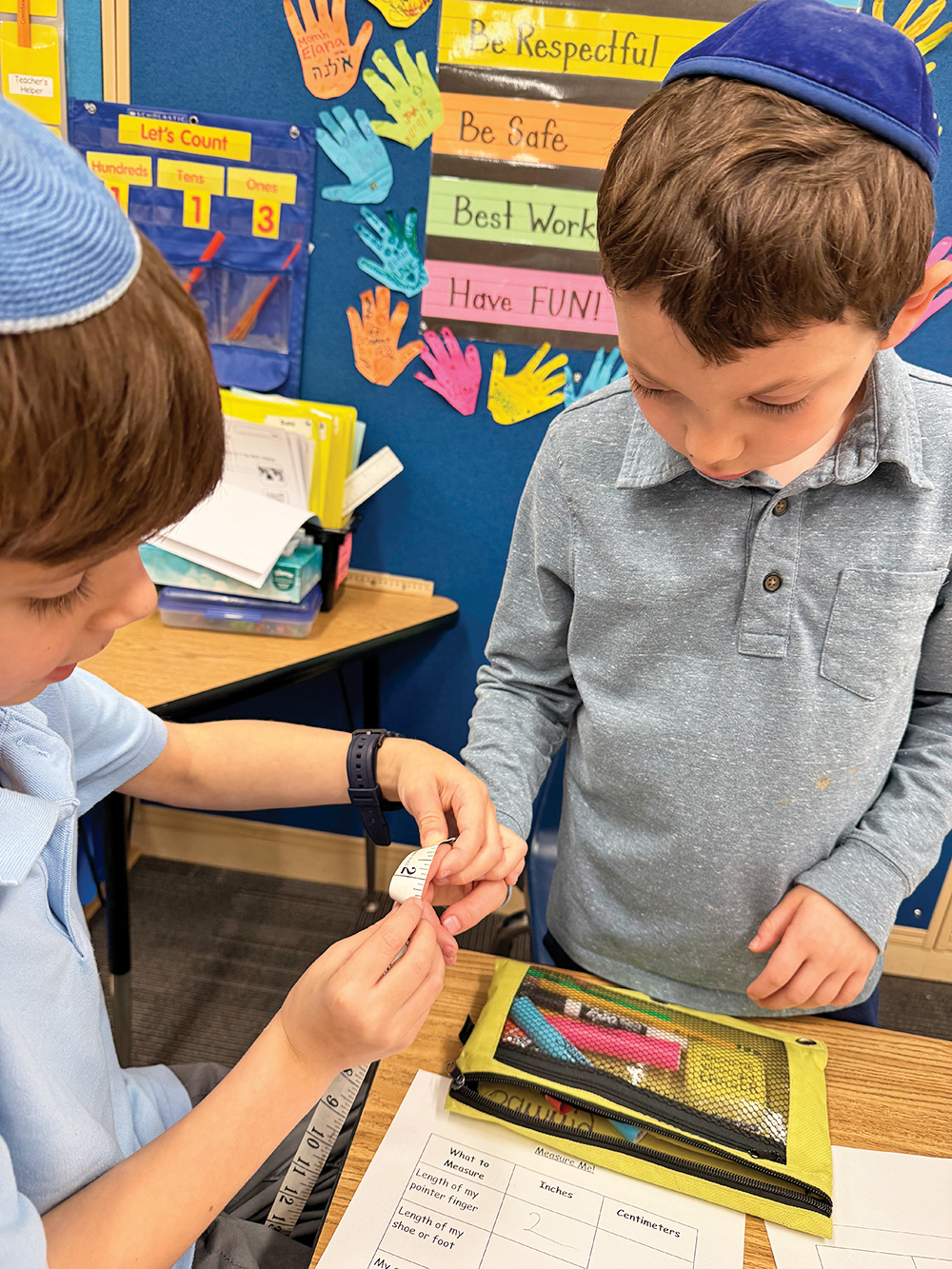Part II
What’s causing my child’s school anxiety?
Some kids are just more prone to anxiety than others. There is a relatively high rate of heritability (30% to 67%) in anxiety disorders, for instance, so a child who has a family history of anxiety may be genetically predisposed.
Additionally,s a child who experiences other forms of anxiety is more likely to also develop school anxiety.
But sometimes, various circumstances at school can increase the risk of school anxiety. Some circumstances include:
Bullying. A child who is being bullied may be anxious about returning to the place where the harassment has been taking place.
Interpersonal Struggles. Navigating evolving friendships and relationships is just part of middle school and high school, especially. But that doesn’t make those shifts, changes, fights, and breakups any easier to handle. For some kids, friendship fallouts and relationship drama can make the thought of returning to school anxiety-inducing.
Academic Hardships. For kids with learning disorders (particularly undiagnosed learning disorders), school can be a place of high anxiety as they struggle to succeed. Plus, they don’t necessarily understand why doing so is so hard.
Other Mental or Neurological Health Conditions. Conditions like attention deficit hyperactivity disorder (ADHD), depression, or autism spectrum disorder can make fitting in and succeeding at school that much harder — paving the way for school anxiety.
I’m a parent: How can I help?
One of the most important things parents of kids with school anxiety can do is recognize the signs. If you notice your child may be struggling, talk with them about it. It may be that they will open up to you and that together, you can find a solution.
Perhaps that means developing routines to help your child better prepare for school every morning. You could look over their homework together, enjoy breakfast as a family at the table, or come up with a mantra you can chant together on the drive to school.
In the weeks leading up to school, you could help your child face their school anxiety by discussing all possible scenarios they may be anxious about and helping them to consider how best to handle those situations before they face them.
And after school, you may find it’s helpful to your child for you to be available to talk if they need it. Why not start a tradition of having an after-school snack at the table together while you discuss their day and assess together how everything went?
If you can’t help your child to work through their school anxiety on your own, don’t hesitate to reach out for help.Your child’s school administration may have resources available, and a qualified mental health professional can also help your child identify the root cause of their anxiety and to begin to work through it, developing tools that can help along the way.
I’m a teacher: How can I help?
Teachers and educators are often uniquely situated to recognize signs of school anxiety in a child before anyone else does. That puts you in a position to reach out to the child’s parents early and discuss possible strategies for helping the child to cope with their anxiety together.
You can also help by simply being a safe place for the child to go to on days when they’re especially struggling. Perhaps you could develop a code word the child could say to let you know they’re feeling anxious.
Teachers of young children may want to consider having a “chill-out” area in their room for kids to go to when they are struggling. This could be as simple as a corner of the room that is equipped with a beanbag chair and books for the child to take a moment alone.
For older kids and teenagers, teachers can help by being a trusted adult they can talk with. When you notice signs of anxiety, you can let them know you’re available if they’re struggling.
Being empathetic and kind can help form a connection. Praising them when you’re able and letting them know you care and are there if they need you would also be helpful.
That alone could make all the difference in the world.
Let’s recap:
Anxiety in general, and school anxiety in particular, is fairly common for kids. This may prove even more true in the years to come, as kids adjust to a regular routine and schedule after the pandemic uprooted all that was previously considered standard.
All that to say: You and your child are definitely not alone if this is something they’re dealing with. Therapists, pediatricians, school guidance counselors, and administrators can all be great resources if you’re worried about your child. No child should go through it alone, and you certainly don’t have to find ways to help them all on your own. There is support available for you. You can set an example for your child of what that looks like (and how they can do the same) as you do.
Dr. Wallace Greene is a veteran day school educator, administrator, and consultant.













